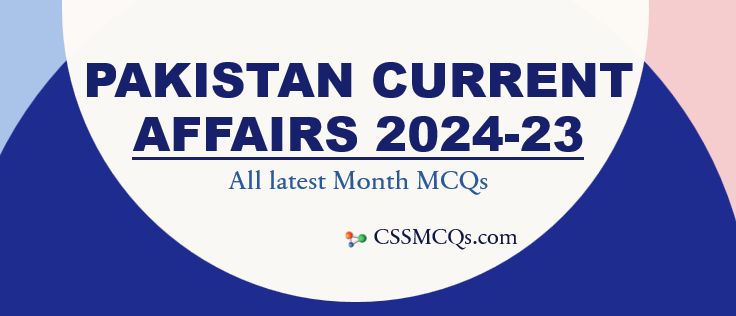SUMMARY of the Article “Re-profiling loans,” Dawn Editorial, July 30th, 2024
The editorial discusses the recent developments in Pakistan’s quest for a $7 billion bailout from the IMF. The finance minister, Muhammad Aurangzeb, announced that Pakistan needs to re-profile its bilateral debt from three close allies – China, Saudi Arabia, and the UAE – for the next three to five years before the IMF can approve the bailout deal. This re-profiling involves extending the maturity period of loans totaling $12 billion to ensure more stable external financing under the IMF’s 37-month Extended Fund Facility. Pakistan has a unique financial arrangement with these countries, involving annual renewals of loans and deposits due to its inability to repay because of a dollar crunch. The nation owes $5 billion to Saudi Arabia, $4 billion to China, and $3 billion to the UAE. While the finance minister is hopeful about securing these extensions, there is skepticism among others. The editorial underscores that even with the IMF funds, Pakistan’s fundamental economic issues remain unresolved. The country struggles with generating sufficient export revenues and attracting foreign direct investment (FDI) to finance its imports and growth. The editorial criticizes the nation’s elites for living luxurious lives on borrowed money and warns that » Read More…


